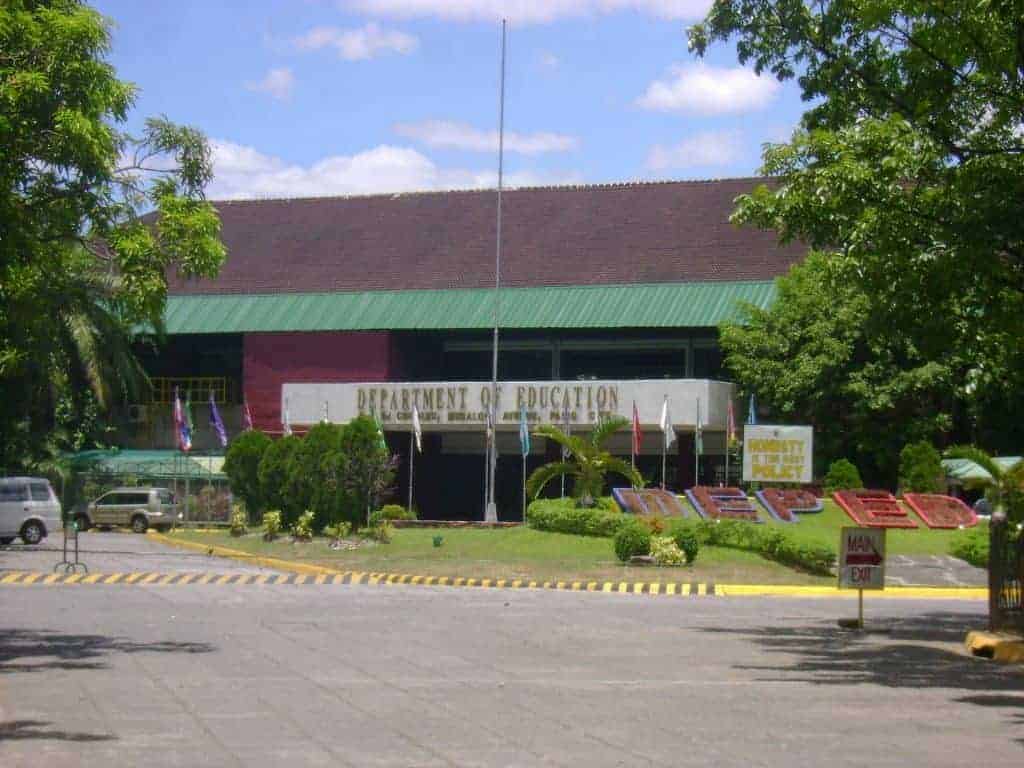- An inspirational story about a teacher in Mindanao and how her father’s visit to her school opened up a conversation about the Lumad people
- Clare Mercado, an Applied Economics and Araling Panlipunan teacher in Mindanao shares her experiences on being a teacher in a Lumad school as well as the struggles the Lumad people have
- She shares several stories about the resilience of the Lumad people, as well as the fact that “it is not impossible if we work together”
A heartwarming Twitter thread shared the story of a teacher in Mindanao whose father’s visit opened up a conversation towards a more pressing issue.
Clare Mercado, an Applied Economics and Araling Panlipunan teacher in Community Technical College of Southeastern Mindanao shared to Twitter how she was touched when her father visited her workplace in an effort to understand the nature of her work.
Her story not only touched the lives of netizens, but it also opened the floodgates for discussion on the plight and sacrifices of the Lumad people and their fight for their rights to education.
Growing up in the Southern Tagalog area, she took her undergraduate degree in Manila, where she settled to work for a few months. It was during 2016 in a Lakbayan conference where she learned about the Lumad people’s situation, where she eventually became a member of it.
Mercado narrates that her visits to the bakwit schools were her gateway to learning about the struggles of the Lumad people, about how their schools are being shut down, and the militarization of their communities.
She did admit that teaching in Mindanao, particularly in a Lumad school was not an easy decision to make. But she was inspired to teach to “ensure that everyone gets to enjoy their right to quality education.”
Teaching in a Lumad school has definitely exposed Mercado to the stories and struggles of the people. She narrates the resiliency of her students despite the issue of their schools being shut down.
“I am slowly witnessing how the indigenous peoples’ schools are being shut down in line with big mining companies entering their communities. Such is the case in Pantaron range. On the other hand, I am also witnessing the resiliency of the students particularly their desire to protect their ancestral lands and their desire to uplift the lives of their tribes.”
With that mentality in mind, Mercado talked about the spirit of activism where the students are fighting for their right for education. Although she did acknowledge that activism is a subject of debate in the current climate of our society, she doubles down on her point.
“Still, we must remember that even though activism is not widely embraced by everyone, it is a necessity. After all, measures to ensure that workers, students, and professionals get to enjoy their rights are only made possible through activism.”
Mercado also detailed that in terms of having an understanding between parents and children about activism, she says no one can ensure it. However, when parents see “that their children are fighting for what is right,” it leads to them supporting their children’s decisions.
At the very end of the Twitter thread, she finished with a powerful statement that resonates to the current state of our country and in the rest of the world. She affirms that “it is not impossible if we work together.”
“History shows that societies change. While the current state of our society is dire – indigenous peoples’ communities are militarized, farmers are landless and hungry, and workers are still contractual, as the masses, we have the capability to build a better future,” she says.
“However, such is impossible if we would not stand together to protect each other from the system that continues to exploit the people,” she said.


